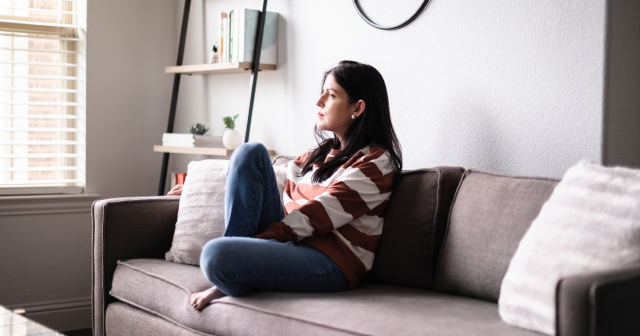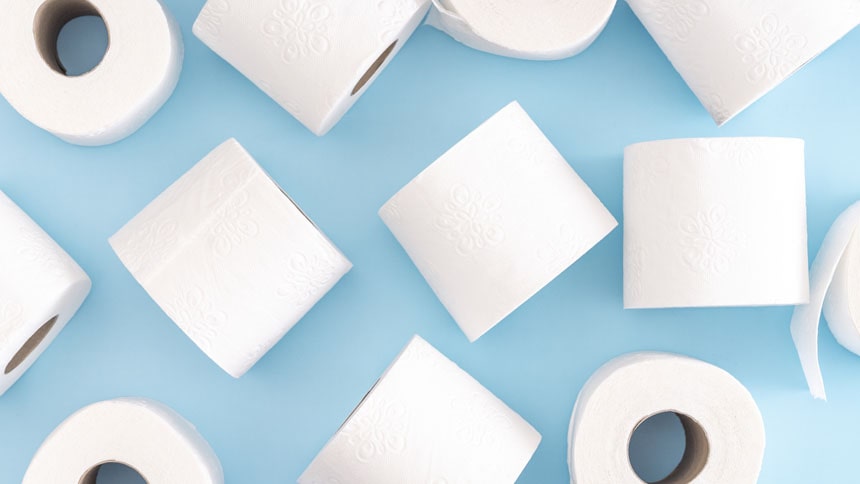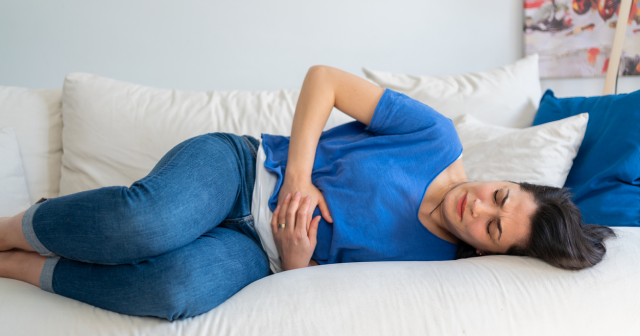When the menopause hits, so can a variety of sexual problems. But don't despair, there are solutions.
Sex can become less enjoyable for some women after the menopause. The natural decline in oestrogen levels can make it uncomfortable. Some women also find their interest in sex declines, and the body changes that happen with ageing don’t help. Dry skin, greying hair and middle-age spread can erode self-esteem.
Painful sex after menopause is common
A survey suggested that 84% of menopausal women find sex painful. In the survey, nearly 70% said their relationships had suffered as a result.
Women’s health expert and doctor, Dr Sarah Jarvis, says women should overcome their shyness and seek help. "It always seems sad to me that so many women suffer in silence with common menopausal symptoms such as vaginal dryness, because they are embarrassed to speak to their doctor.
"We see these problems regularly and entirely understand how much impact they have on quality of life. There are so many effective treatment options and we’re more than happy to offer them."
Lubricants help vaginal dryness
According to Dr Jarvis, it’s worth trying self-help options in the first instance. There are a variety of ways to relieve vaginal dryness and thus make sex easier and more enjoyable:
- avoid intimate washing with soap, bath oils and shower gels – they can aggravate dryness. Instead, use lukewarm water alone or with a soap-free cleanser
- try using a lubricant. These are available from pharmacies without needing a prescription.
Painful sex menopause treatments
If these measures don’t help, your doctor can prescribe hormone treatment. Hormone replacement therapy (HRT) alleviates dryness, but if you can’t or don’t want to take HRT, you can use oestrogen applied "locally", that is just to the vagina, to increase the flow of natural lubrication.
There are different options including an oestrogen cream (applied using an applicator), pessaries, small tablets (inserted with an applicator) or an oestrogen-releasing vaginal ring which stays in place for three months at a time.
Tips for sex drive problems
Some women find that they lose their desire for sex after the menopause. It’s normal for sex drive to reduce over the years, but it can be made worse by depression, menopausal symptoms, relationship problems and stress .
These problems are often temporary and being able to talk things through with an understanding partner may be all that’s needed. But if symptoms of the menopause or of depression persist, then you should see a doctor for treatment.
Treating menopausal symptoms may boost your sex drive indirectly by improving your general well-being and energy levels, but restoring your hormone levels can also improve sensation.





